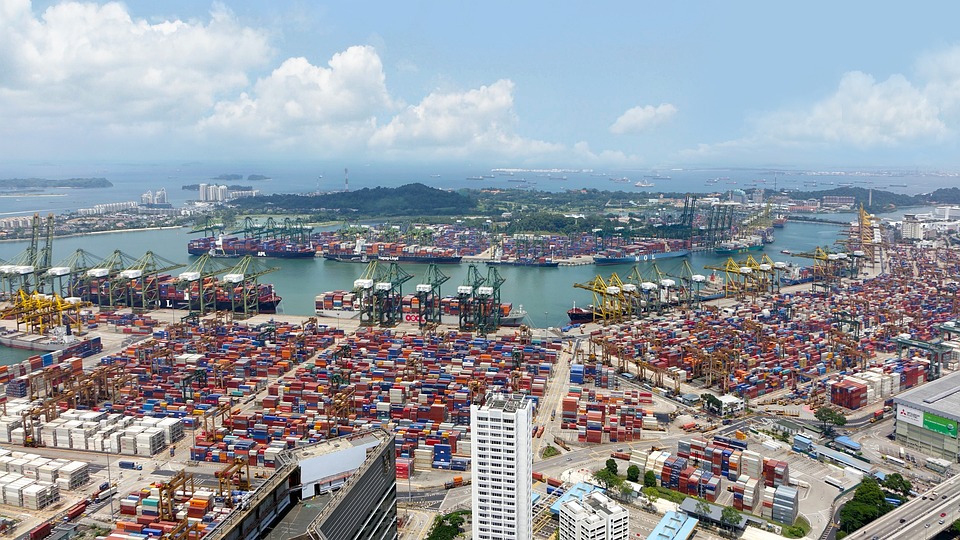
Export agentWhat is the fundamental difference from traditional foreign trade companies?
Export agentThe core value lies inProfessional service integration and risk management. Unlike traditional foreign trade companies, professional agencies do not participate in goods ownership transactions but provide the following specialized services:
- End-to-end customs clearance solutions (including HS code classification, certificate of origin)
- International trade document compliance review (L/C, C/O, Form A, etc.)
- Cross-border logistics optimization (including LCL shipping, air charter services, etc.)
- Export tax refundProfessional agency services (matching the latest 2025 tax rebate rates)
What specific services do export agents include?
Mature agents typical service matrix can be divided into three levels:
- Basic Service Packages:
- customs clearanceFull-process inspection handling
- Transport document preparation and certification
- Export foreign exchange verification management
- Value-added Service Package:
- Target country import policy consultation (such as the EUs newly implemented 2025 EPR regulations)
- Cross-border trade financing solution design
- Letter of credit risk early warning system
- Customized service packages:
- Special commodity export license applications (such as medical devices, chemicals)
- AEOCertification guidance (including the latest customs certification standards)
- Trade dispute legal support
How are export agents fee standards structured?
There are three common industry pricing models:
- Percentage of goods value: Typically 0.8%-1.5% (including basic services)
- Fee calculations mainly follow the following five models:: Single transaction 2000-5000 RMB (suitable for high-frequency small batches)
- Hybrid pricing model: Base fee + value-added service fee (suitable for complex trade scenarios)
Hidden costs requiring special attention include: expedited customs clearance fees (approximately 800 RMB/ticket), special document certification fees (such as embassy certification at 2000+ RMB/document), port demurrage fees, etc.
How to evaluate the professional capabilities of export agents?
It is recommended to evaluate from five dimensions:
- Qualification verification: Check customs AEO certification level, customs brokers association membership
- system connected: Whether it has direct data connection capability with the single window system
- Case database construction: Request successful operation cases of similar products
- The risk plan: Emergency SOP during cargo inspection
- Knowledge updates: Whether regular regulatory update briefings are provided (such as 2025The RCEPnew regulation interpretations)
How do export agents handle sudden risks?
Professional agencies typically establish a three-level risk prevention system:
- Prevention in advance: Reduce inspection rates through pre-classification of goods and pre-review of declaration elements
- In - process control: 7×24 hour emergency response mechanism
- Post-event remedies: Declaration error insurance in cooperation with insurance companies (covering up to 500,000 RMB in losses)
Case study: A machinery export company had goods detained by customs due to HS code errors. The agent completed classification review and submitted explanations within 12 hours, avoiding cargo return.
Do small and medium-sized enterprises need export agent services?
According to 2025 China Customs statistics, SMEs using professional agents show three advantages:
- Average customs clearance time reduced by 37%
- Declaration error rate lowered to below 0.2%
- Tax rebate payment cycle compressed to within 15 working days
Special recommendation for these types of enterprises to prioritize agent services: annual export frequency exceeding 20 times, products involving regulatory certificates, target markets covering more than 3 countries/regions.
What are the considerations for export agent cooperation?
Recommend clarifying seven contract terms:
- Document handover time requirements
- Responsibility division for special situations (such as customs classification disputes)
- Specific scope of confidentiality agreements
- Service response time commitments
- Force majeure handling mechanism
- Knowledge transfer clauses (such as regular training)
- Dispute Resolution Pathway Selection


 Follow Customer Service WeChat
Follow Customer Service WeChat